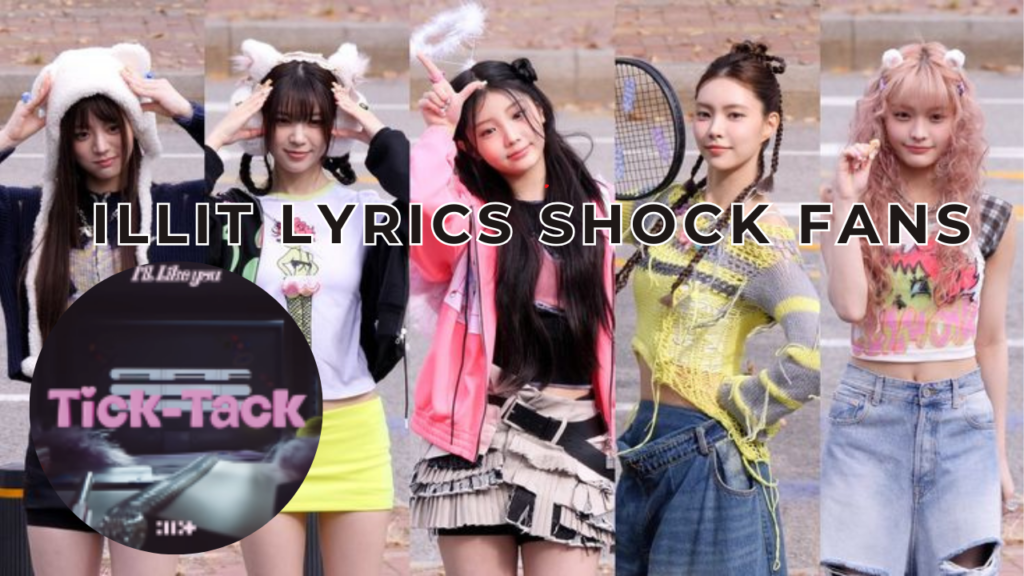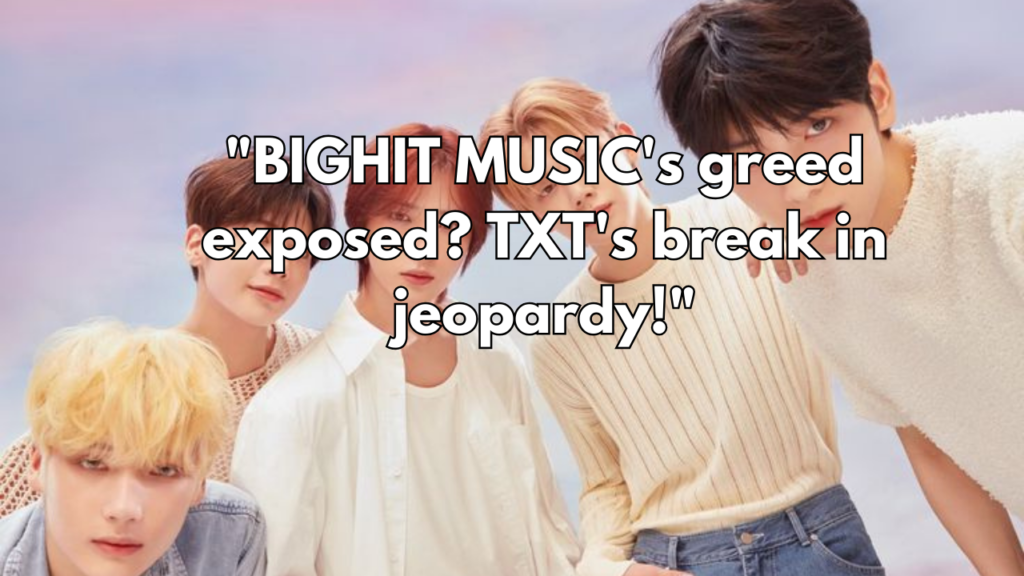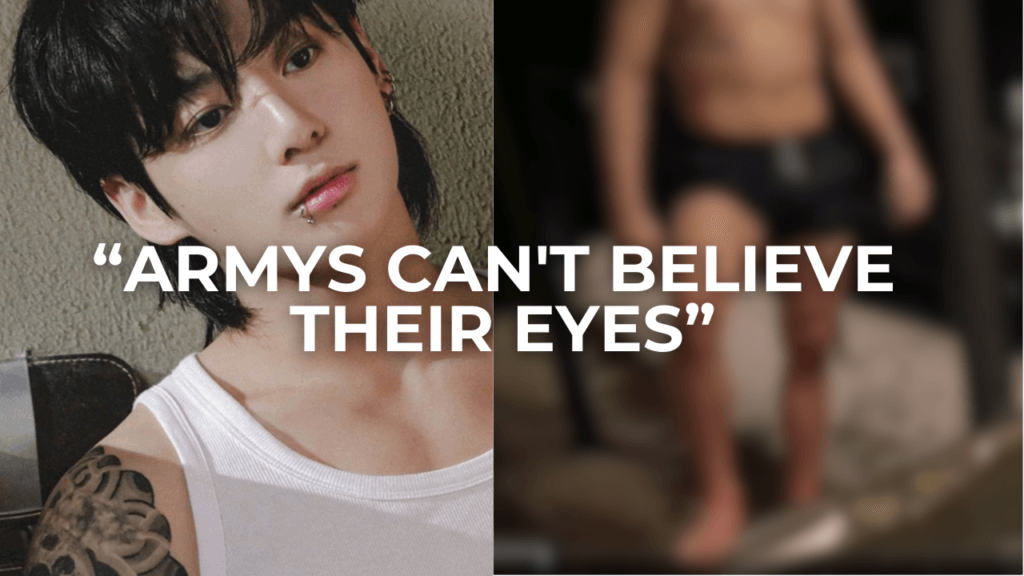ILLIT’s English Version Raises Concerns
The ILLIT English lyrics controversy has taken the K-pop world by storm. The girl group’s latest English release has sparked intense debate among fans and critics. Their new English version of “Tick-Tack,” titled “Baby, It’s Both,” features content that many find concerning. The transformation from innocent school-themed lyrics to more mature content has raised eyebrows across the K-pop community.
Understanding the Controversy
The original Korean version of “Tick-Tack” portrayed innocent school crushes and young love. However, the English version took a dramatically different direction. The ILLIT English lyrics controversy centers on seemingly mature themes in the new version. Members Wonhee (17) and Moka (16) perform lines that some fans consider inappropriate for their age.
The stark contrast between versions has particularly troubled fans. While the Korean lyrics focused on sweet, innocent emotions like “What kind of day do you like?” and “Keep the childish stuff in the closet,” the English version includes more suggestive phrases that many find unsuitable for teenage performers.
From Korean to English: The Transformation
The transformation from Korean to English brought significant changes to the song’s message. The original version focused on sweet, age-appropriate themes about first love and school crushes. The English version introduces more intense emotions and potentially suggestive content, with lyrics like “you make me wanna scream” and “gotta touch you now.”
Industry experts have noted that this shift represents a broader trend in K-pop, where English versions often contain more mature themes than their Korean counterparts. This practice has raised questions about the responsibility of entertainment companies in protecting young artists.
The collaboration with American singer Ava Max has added another layer to the controversy. Some fans argue that the partnership influenced the more mature direction of the English lyrics, potentially compromising the group’s innocent image.
Impact on Young Artists
The controversy has sparked important discussions about age-appropriate content in K-pop. Industry watchers point out that this isn’t the first time young K-pop artists have faced similar situations. The pressure to appeal to both domestic and international audiences often results in conflicting content approaches.
Many fans have expressed concern about the psychological impact on young performers. The disparity between their age and the mature content they’re asked to perform has become a focal point of the debate.
Cultural Differences and Marketing Strategies
Entertainment industry analysts suggest that the different versions reflect varying cultural expectations between Korean and international markets. While Korean audiences often prefer innocent, youth-oriented concepts, international markets might expect more mature themes.
This marketing strategy has led to heated debates about the ethics of presenting different images to different audiences, especially when it involves underage performers.
Final Thoughts: Impact on ILLIT’s Future
The ILLIT English lyrics controversy continues to generate discussion within the K-pop community. The situation raises important questions about age-appropriate content in K-pop and the responsibility of entertainment companies. Industry experts suggest this could lead to more careful consideration of content decisions for underage performers in the future.
The controversy might influence how K-pop agencies approach English versions of songs, particularly for groups with younger members. As the debate continues, many wonder how this will affect ILLIT’s future releases and the broader K-pop industry’s approach to international content.
What are your thoughts on this controversy? Should there be stricter guidelines for content involving underage performers? Share your opinion in the comments below.







